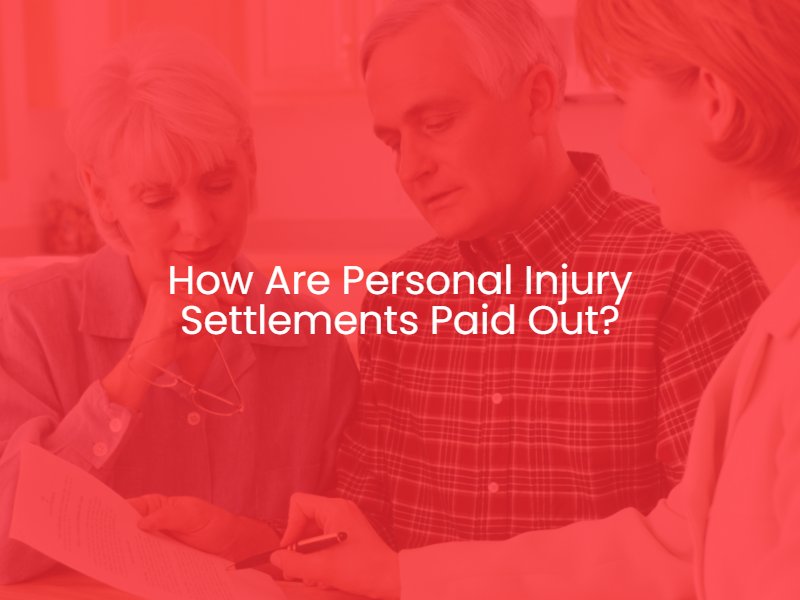
You might think that coming to a settlement agreement with an insurance company is the end of your claim. Next, however, is waiting for the settlement check – and distributing it accordingly to pay off your debts. Understanding how personal injury settlements are typically paid out can help you know what to expect in the coming days and weeks.

How Long Will it Take to Get Your Settlement Check?
This answer depends on your individual case, along with factors such as how long it takes the insurer’s accountant to cut the check. However, insurance companies are also confined to deadlines and time limits imposed by state law.
In Texas, the law gives insurance companies 15 days to investigate a claim and announce an acceptance or rejection. The insurance company can extend this to 45 days with sufficient grounds and a valid explanation. If the claim is accepted, the insurance company has five business days to mail the settlement check.
It may take up to two weeks to receive your check in the mail once it has been sent out. If you do not receive a check-in this amount of time, the insurance company may be guilty of delaying your payout in bad faith.
Lump-Sum vs. Structured Settlement
How your settlement gets paid out is up to you. You can choose between a lump sum or a structured settlement. A lump sum means you get your full settlement all at the same time, in a single payment. A structured settlement pays you in installments over time. A structured settlement may be a more desirable option if you want to make sure you do not spend all of your settlement at once, such as if you want to be able to pay your bills with it in the future.
Medical Bills and Liens
Once you receive your settlement check, various parties may be entitled to a portion of your award. The hospital that paid for your medical care up front, for example, may have a medical lien against your settlement. With a medical lien, the hospital will automatically receive a portion of your settlement to pay off your medical debts. There are also mechanics liens, health insurance liens, and employer liens that may apply to your settlement. You can often negotiate the value of liens with help from an attorney.
Legal and Attorney’s Fees
Once any liens against the settlement have been paid, you will fulfill outstanding legal expenses and attorney’s fees. Most San Antonio personal injury lawyers operate on a contingency fee basis, meaning you won’t have to pay until you receive a financial reward. Once you do have a settlement, you will pay your lawyer a percentage of the total amount for his or her services. The amount you must pay depends on your specific agreement with the lawyer. After you have paid off all of your liens and debts, the remaining financial compensation – typically the part of your settlement you receive in pain and suffering damages – is yours to keep.
How Is a Settlement Taxed?
The last issue you will need to tackle when you receive a settlement is paying your taxes. You may owe taxes on a portion of your award in the tax year you received the settlement check. Generally, the federal government does not tax injury settlements as income. If you received an award for punitive damages, however, this part of your settlement may be subject to taxation. You may also have to pay taxes on a settlement for medical expenses if you deducted these expenses on a previous tax year.
Can You Reopen a Claim Once It’s Settled?
For the most part, when you settle a claim and receive your settlement check, your case is over. You are legally not allowed to reopen the case or enter into further negotiations with the insurance company for a different amount. This is why it is critical to make sure your settlement adequately addresses your injuries and losses before accepting.
If you have any further questions about your settlement, the San Antonio personal injury lawyers at Hill Law Firm can help.
